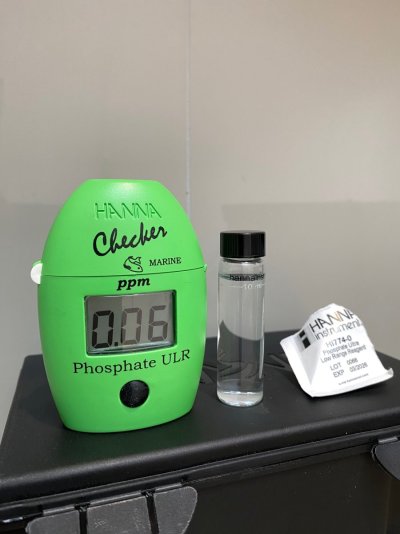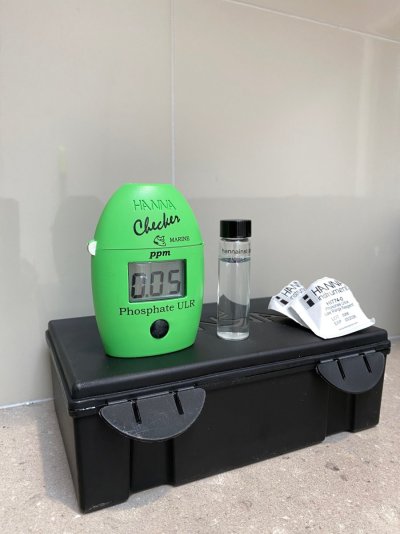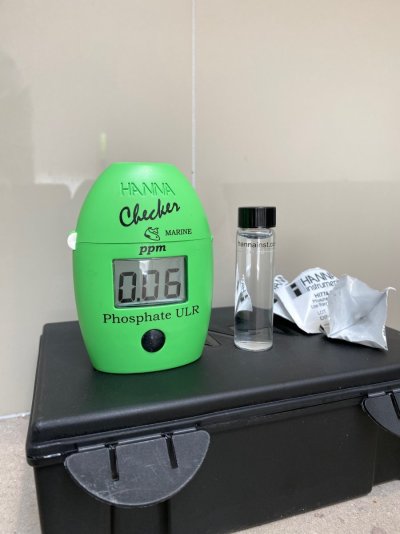When testing my aquarium, i ignore the temperature factor. It doesn't change enough from tank to test; not enough for me to worry about.Referring to the weighing of saltwater to find a precise volume (if I understood correctly). I would have thought temp would affect density and weight (and volume) so it would fluctuate depending on the temp
Edit: but the mass would be the same, so it wouldn't?
As a profession, i work af sea frequently calculating stability of large vessels. Here, i do use the temperature factor
























